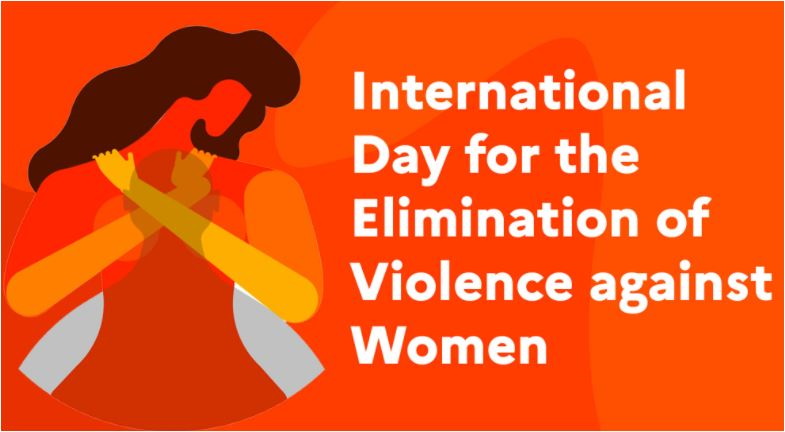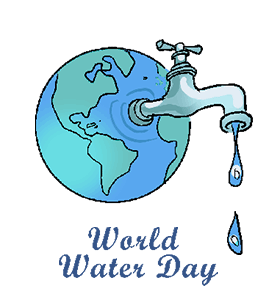Is this the first time your students hear about this date? Ask them and if this
is the case, start from here. Let students read the
introductory passage to the lesson plan and after reading it, ask them to
answer the following question in pairs:
"Why is November the
25th the International Day for the Elimination of Violence Against
Women?"
Once students know about the ultimate goal of the international campaign to end gender-based violence, tell them that you are going to focus on "Teen
Dating Violence". Below these lines, I will be providing
you with different activities for you to choose depending on the number
of sessions you wish to spend.
One
of the many ways to work on this topic is through interactive resources. A very
powerful website is "That's not cool": it is dedicated to decreasing teen dating violence due to
technology, and increasing awareness for healthy teen relationships
online. The same as in the previous stage, you can start with a question:
"What is the difference between a healthy and an unhealthy
relationship?" Ask them to brainstorm ideas in pairs and
represent them in a visual way they choose. For example:
After sharing their concepts of healthy versus unhealthy relationships, tell them that they are going to play an interactive game called "Coolnotcool". This interactive quiz engages teens in a dialogue about teen dating abuse by putting the power in their hands. By doing the quizz, students will review some fictional dating scenarios and decide for themselves whether those interactions are ‘cool’ or ‘not cool.’
If you are into Q & A, you can explore the Speak Up section
from "That's not cool" and let students spend some time reading the
questions and answers. Encourage them to take a stand on the issues and add a
question to the list on the page.
For those of you who are ready to develop some more sessions on this topic, which would be well worthwhile, this pdf contains several activities which will enable students to gain an insight into healthy relationships - the ultimate prevention against abuse.





